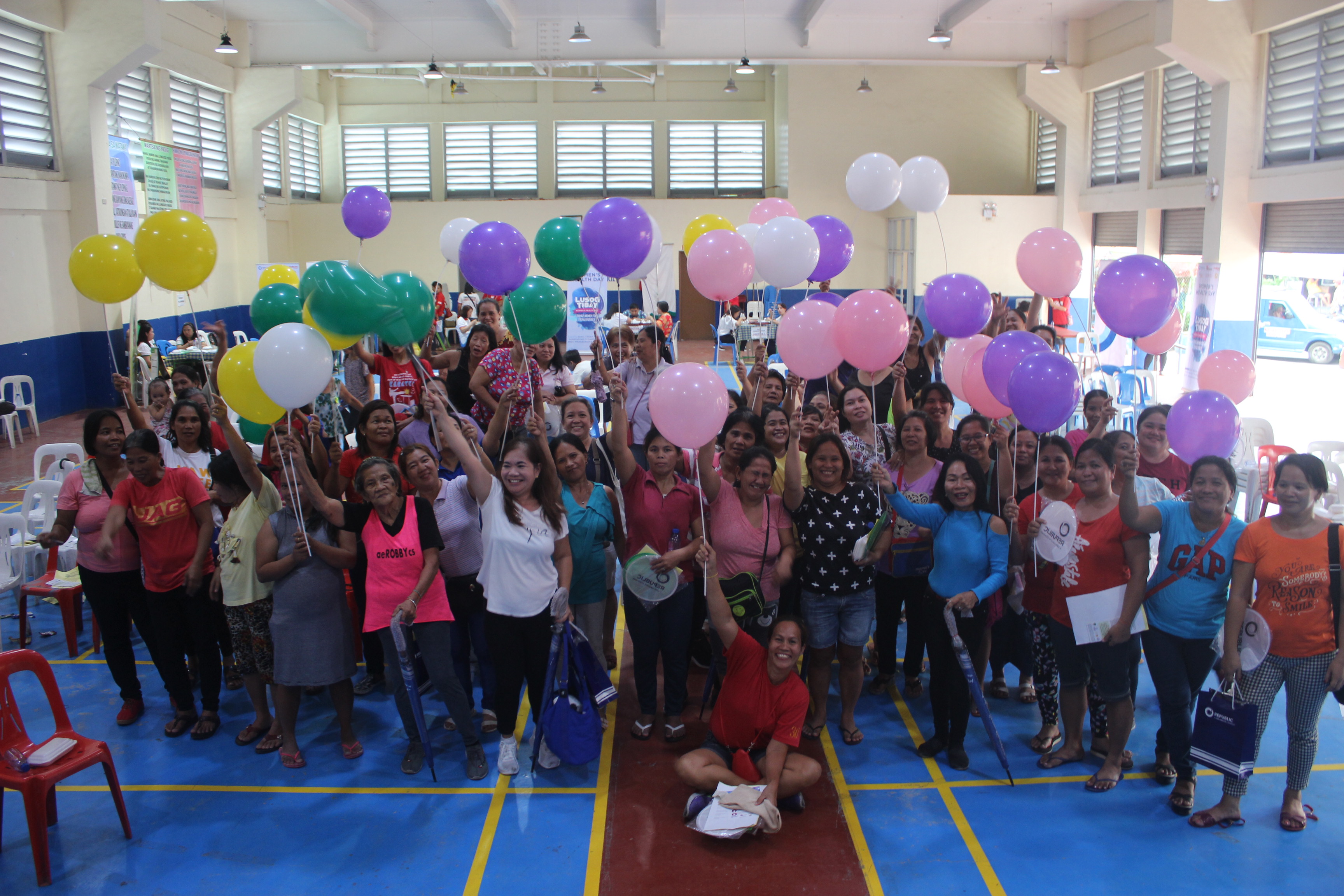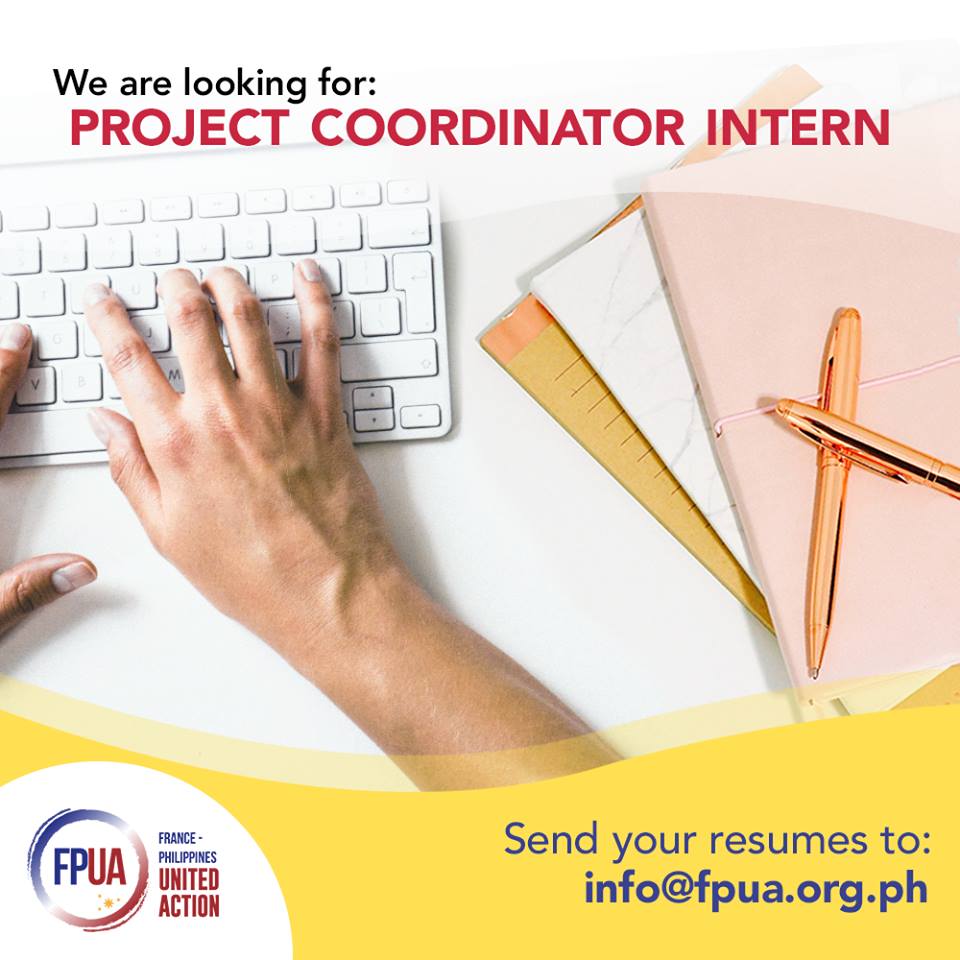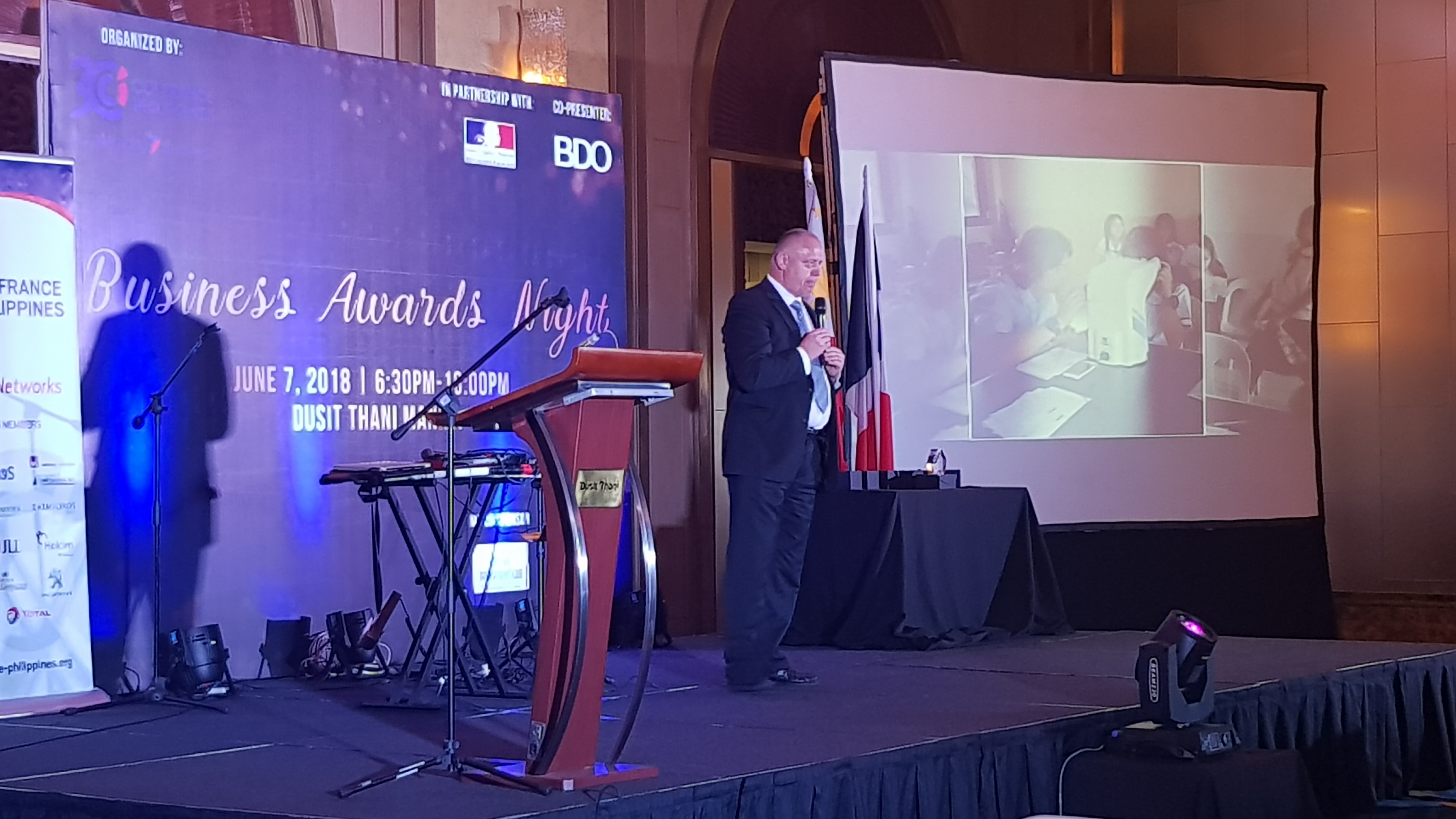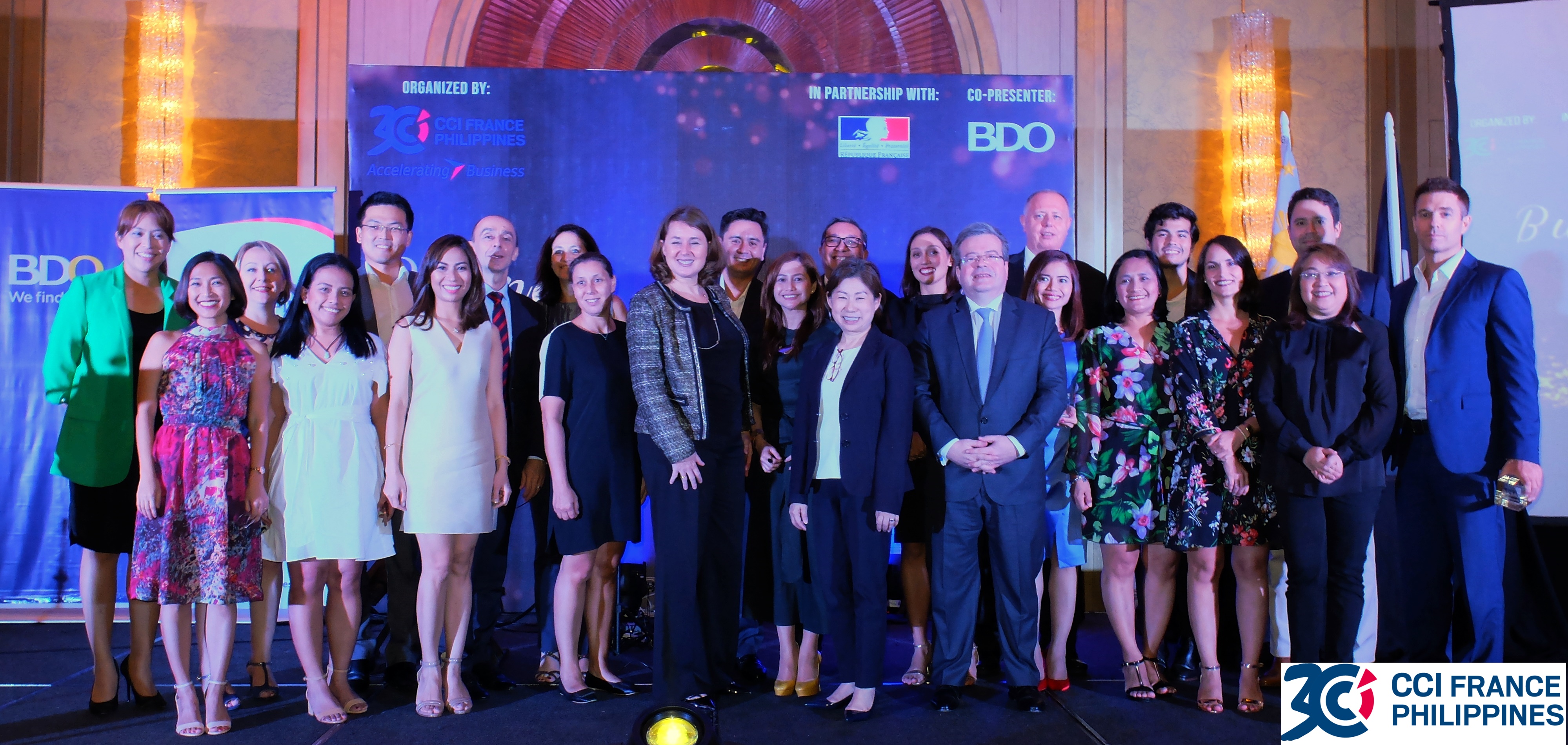Leading construction solutions company Republic Cement Services, Inc. does not only innovates for stronger building structures but also advocates for stronger women.

Picture from Republic Cement Services, Inc.
In a bid to give back and contribute to the society, leading construction-solutions company Republic Cement Services, Inc., spearheads a series of Corporate Social Responsibility (CSR) events under their flagship theme: “Lusog Tibay”. This is part of their dedication to strengthen their partner communities toward building a stronger Republic.
For their latest initiative, Republic Cement Services, Inc. partnered with their ready-mix contractor Dee Concrete Inc. / Premier Ready-Mix, Inc. for the Lusog Tibay Women’s Health Day. The program focused on reproductive health for the women of Pinagbuhatan Pasig, the hometown of Dee Concrete.
“More than being a company that helps build strong and reliable structures, we want to build the nation one community at a time. We can start by empowering our citizens, especially the women that takes care of their families,” shared Nabil Francis, President of Republic Cement Services, Inc.
Held last August 2, 2018 at the Multi-purpose hall and livelihood center of Barangay Pinagbuhatan in Pasig, the program that ran from 7am to 4pm helped about 250 women beneficiaries from the low to middle-income bracket. Pinagbuhatan is the oldest and biggest barangay in Pasig. It has a population of over 170,000 and 55% of which are women.
Republic Cement Services, Inc. opted to raise awareness on crucial issues that affect the country. For instance, Cervical and Breast Cancers are some of the top killers in the Philippines while HIV is also fast-growing. The Department of Health recently reported 11,103 new cases of HIV in a span of one year, increasing the numbers to 19.85% from 2016 to 2017. In addition to these health challenges, Family Planning is another problem that the company deemed important to be addressed.
“During the event, we have found out that Cervical Cancer is really not well known in PH. One of our beneficiaries, an 18-year old mother of a 6-month old infant is not familiar with pap smear so she grabbed the opportunity to be screened for free. We are very glad to be of service,” said Ms. Elizabeth Dee, Vice President for Sales of Dee Concrete Inc. / Premier Ready-Mix, Inc.
Ms. Dee, officially opened the event through an inspiring message dedicated to all participants, “Kung semento ang nagpapatibay ng tahanan, ang pamilya ang nagpapatibay ng komunidad” (if cement strengthens a home, a family is what strenghtens a community.)
Implementing partners of this CSR event are France-Philippines United Action (FPUA), the Foundation of the CCI France-Philippines; and Friendlycare Foundation.
FPUA was created by the CCI France-Philippines and the French Embassy in the Philippines in 2013 after typhoon Yolanda. Since then, FPUA help companies in developing impactful and sustainable CSR projects in the Philippines. Republic Cement and FPUA have been working together since the creation of the Foundation.
Friendlycare Foundation on the other hand, has been delivering affordable health services especially reproductive health focused on Maternal and Child Health and Nutrition and Family Planning since 1999.
The CSR health mission was likewise supported by Barangay Captain, Maricar Asilo-Vivero and previous mayor of Pasig Mrs. Maribel A. Eusebio.
Lectures on Family Planning, Cervical Cancer, HIV/STI were given by Friendlycare doctors. Philhealth member benefits were likewise discussed during the event. Simultaneously, OB/GYN and family planning consultations and pap smear screening were offered. Pap smear is the most common procedure to screen cervical cancer.
Some attendees also won Republic Cement items on various games in the fun and informative program.



Recent Comments